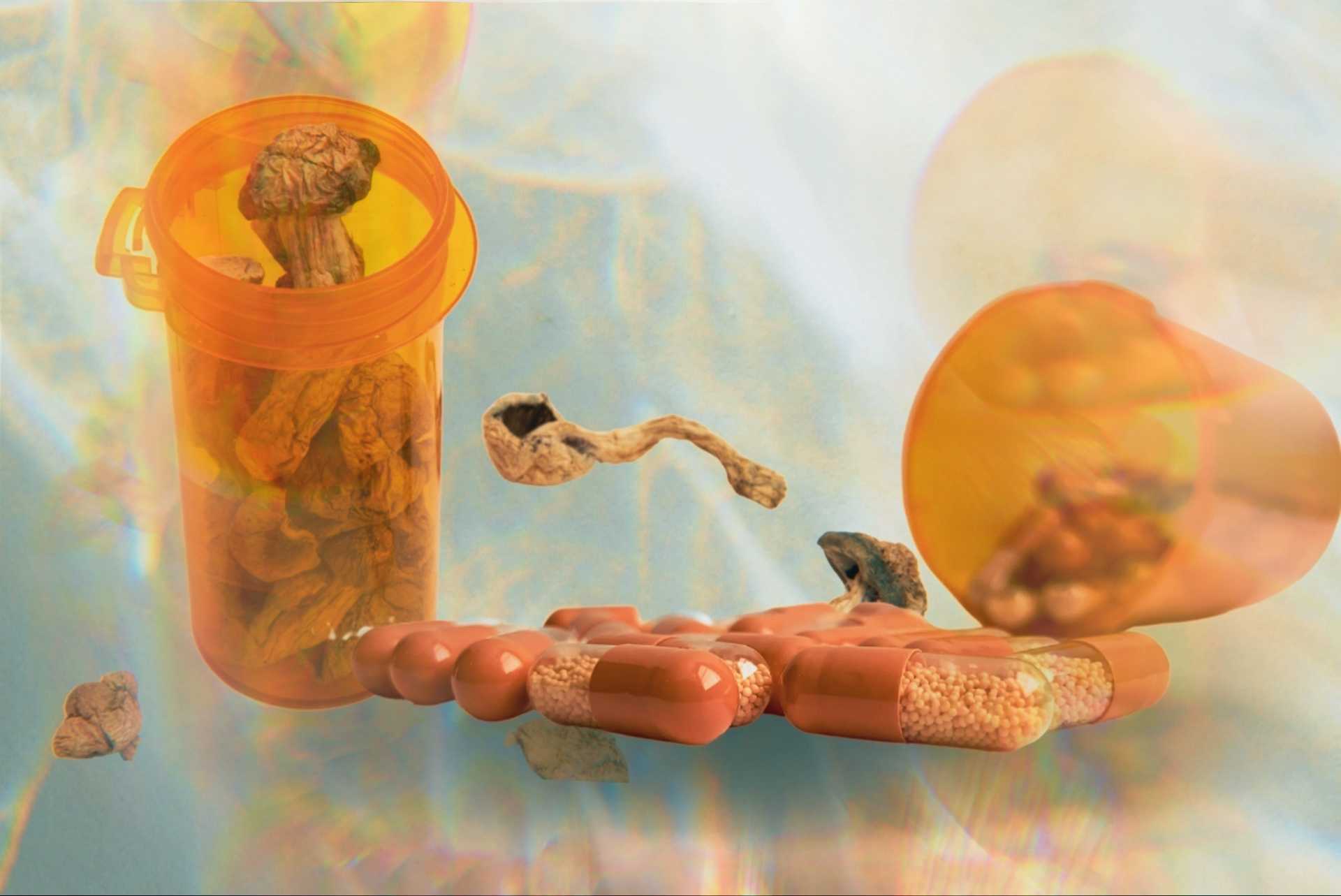
Attention deficit disorders (ADD) are neurological conditions affecting millions worldwide. Several medications are available to treat these conditions, including traditional medications such as Adderall and newer alternative treatments such as microdosing certain psychedelic compounds such as psilocybin and LSD.
As a healthcare professional, it’s essential to understand the benefits and drawbacks of each medication and alternative treatment to help patients manage their symptoms effectively. This article will explore the effectiveness, safety, and potential side effects of microdosing compared to Adderall and other traditional ADD medications.
Microdosing for ADD/ADHD
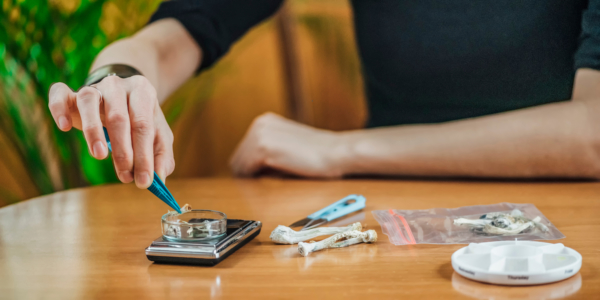
Microdosing is a method of taking a small amount of a substance, typically a psychedelic substance, to achieve therapeutic benefits without experiencing the hallucinogenic effects associated with a full dose. In the case of ADD/ADHD treatment, microdosing typically refers to taking a low dose of psychedelic substances such as LSD or psilocybin to manage symptoms.
Compared to taking a full dose of Adderall or other traditional ADD medication, microdosing seems to produce fewer side effects and less risk of dependence. However, the effectiveness of microdosing for ADD/ADHD treatment is still being studied and remains controversial.
You may also like: 3 Microdosing Clinical Trials to Keep An Eye On
Nurses can play a vital role in controlling ADD/ADHD symptoms by educating patients on the treatment options available, monitoring medication side effects, and providing support for patients struggling with their symptoms. Degrees such as an online master in nursing program can prepare nurses to provide this support by providing coursework on psychiatric nursing and managing chronic conditions such as ADD/ADHD.
You may also like: A Data-Driven Guide to Microdosing Psychedelics
Research on Microdosing for ADD/ADHD
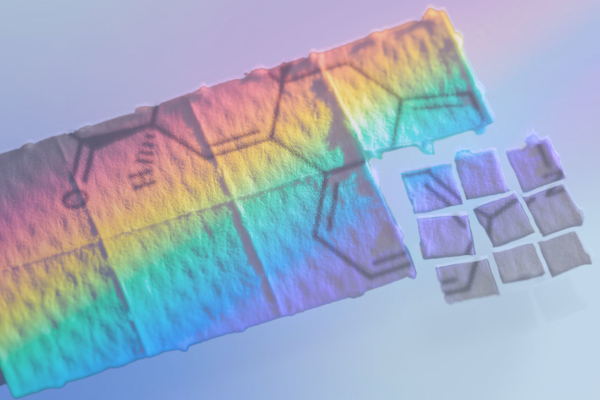
A study from the Journal of Psychopharmacology in 2020 found that microdosing with LSD was associated with improved attention and cognitive flexibility in healthy adults. While this study did not focus specifically on individuals with ADD/ADHD, it suggests that microdosing may benefit cognitive function.
See also: How to Microdose LSD in 5 Easy Steps
See also: LSD Microdosing Study Finds ‘No Residual Effects’ on Mood or Cognition
Another 2021 study published in Scientific Reports, surveyed individuals who had self-reported using microdosing for ADD/ADHD management. The results indicated that most participants reported experiencing improved focus and attention, and many reported reduced symptoms of depression and anxiety. However, it’s worth noting that this study was based on self-reported data and did not include a control group for comparison.
See also: New Evidence Microdosing Psychedelics Reduces Anxiety and Depression
In 2022, a team of researchers at Maastricht University published the findings from their study on microdosing for ADHD in Frontiers in Psychiatry. After surveying more than 200 adult participants with ADHD, they discovered that microdosing dramatically reduced symptoms and boosted overall well-being. This groundbreaking research solidified evidence of its effectiveness as an alternative solution to larger doses prescribed by health professionals.
For those debating microdosing vs Adderall and other ADD/ADHD medications, one unique advantage to utilizing the former is that its physiological effects appear to be significantly less harmful than stimulants. Further still, it has been suggested though not officially proven that practicing microdosing with “days off” can help avoid tolerance issues. In contrast to traditional treatments for ADHD which may lead to enhanced anxiety and irritability levels, this natural alternative has potential mood-boosting capacity such as reducing stress levels and encouraging feelings of tranquility.
LSD Microdoses to Treat Adult ADHD Clinical Trial
On December 2021, MindMed, a biotech company developing psychedelic-inspired therapies, announced that their groundbreaking Phase 2a trial for utilizing LSD microdoses to treat Adult ADHD was officially recruiting participants. This will be the pioneering clinical study in history investigating treating this condition with psychedelics at microscopic levels.
This trial will involve 52 adults with ADHD, who will be administered 20 micrograms of LSD or a placebo twice weekly over the course of 6 weeks. The trial will be primarily evaluating whether there is a difference in symptoms between those given LSD and those receiving the placebo. Initial data from this trial is anticipated in the latter half of 2023.
Adderall for ADD/ADHD
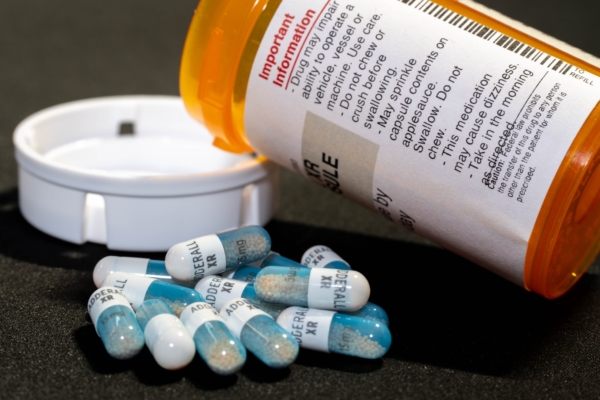
Adderall is a central nervous system stimulant commonly used to manage symptoms of ADD/ADHD. It works by increasing the brain’s two neurotransmitters, dopamine and norepinephrine. These neurotransmitters are vital in regulating attention, focus, and other cognitive functions and are often depleted in individuals with ADD/ADHD.
One of the primary benefits of Adderall is its ability to provide rapid symptom relief. Many individuals with ADD/ADHD report experiencing a noticeable improvement in their ability to focus and concentrate within an hour of taking Adderall. This quick onset of action can be particularly helpful for individuals who need to manage their symptoms daily to perform well at work or school.
However, there are a few potential drawbacks to using Adderall for ADD/ADHD management. One major concern is the risk of dependence or addiction. Adderall is a Schedule II controlled substance, so it has a higher potential for abuse and can be habit-forming. Some individuals who use Adderall may develop a tolerance to the medication over time, which can lead to the need for higher doses to achieve the same level of symptom relief.
Research on Adderall for ADD/ADHD
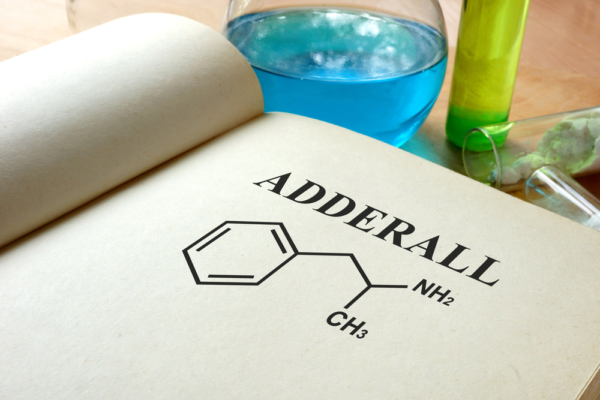
A meta-analysis of 20 studies from the American Academy of Child and Adolescent Psychiatry’s journal found that stimulant medications, including Adderall, effectively reduced the symptoms of ADD/ADHD in children and adolescents. Another study from the Journal of Child Neurology found that Adderall effectively improved working memory and attention in children with ADD/ADHD.
However, certain potential risks are associated with using Adderall for ADD/ADHD management, as discussed previously. For this reason, healthcare professionals must carefully evaluate the risks and benefits of Adderall use individually and monitor patients closely to ensure that they receive safe and effective treatment.
Other Traditional ADD/ADHD Medication
Other traditional ADD medications, such as Ritalin and Concerta, work by increasing the levels of dopamine and norepinephrine in the brain, similar to Adderall. However, how these medications are formulated and delivered to the body can differ, impacting their effectiveness, side effects, and overall safety.
In terms of effectiveness, studies have shown that Ritalin and Concerta can be similarly effective to Adderall in managing symptoms of ADD/ADHD. A meta-analysis of 86 studies from the Journal of the American Medical Association revealed that Adderall and Ritalin effectively improved attention and reduced hyperactivity in children with ADHD.
As for side effects, Ritalin and Concerta can cause similar side effects to Adderall, including loss of appetite, insomnia, and irritability. However, the frequency and severity of these side effects can vary between individuals and depend on factors such as the dosage and formulation of the medication.
When it comes to overall safety, Ritalin and Concerta are generally considered to be safe when used as directed. However, as with any medication, there is always the risk of side effects and potential interactions with other medications or medical conditions.
What are the long-term effects of using conventional stimulants to treat ADD/ADHD?
When you’re withdrawing from Ritalin, or other conventional stimulants that affect dopamine in the brain, it’s likely to bring on psychological symptoms. These could include apathy, depression, anxiety, irritability and fatigue. If you were taking Ritalin as part of a prescription to treat narcolepsy or ADHD then you may also suffer rebound symptoms such as hypersomnia or difficulty focusing.
ADD/ADHD Withdrawal Symptoms
- Anxiety
- Depression
- Loss of focus
- Irritability
- Fatigue
- Hyperactivity
- Mood swings
- Dizziness
- Sleep disturbances
- Changes in heart rate
- Changes in blood pressure
Microdosing vs Adderall, and Other Traditional ADD Medication: Which One is Right For You?
When choosing between microdosing vs Adderall, or other traditional ADD medication, several individual factors should be considered. These factors include age, medical history, lifestyle, and personal preferences.
Age can be an important consideration when selecting an ADD medication. For example, some medications may be more appropriate for children or adolescents, while others may be better suited for adults. Additionally, older adults may have different medical needs or considerations that must be considered when selecting a medication.
Medical history is another important factor to consider when selecting an ADD medication. Certain medical conditions, such as heart disease or high blood pressure, can make certain medications less appropriate or riskier. Additionally, some medications may interact with other medications that a patient is taking, so it is important to consider all medications a patient is taking.
Lifestyle factors can also impact the decision to use a particular medication. For example, some medications may cause side effects that interfere with daily activities or work. In contrast, others may have specific dosing requirements that may not fit a patient’s lifestyle well.
If you are deciding between microdosing vs Adderall or other ADHD treatments, then one key advantage of the former is that microdosing appears to have fewer adverse physical effects than stimulants and may reduce anxiety and stress levels, potentially improving moods.
Ultimately, the decision on whether to microdose psilocybin or LSD or use traditional medications such as Adderall, should be based on a thorough evaluation of all individual factors and a discussion between the patient and the healthcare provider. Patients should work closely with their healthcare provider to evaluate all available treatment options and develop a personalized treatment plan that considers their individual needs, preferences, and medical history.





